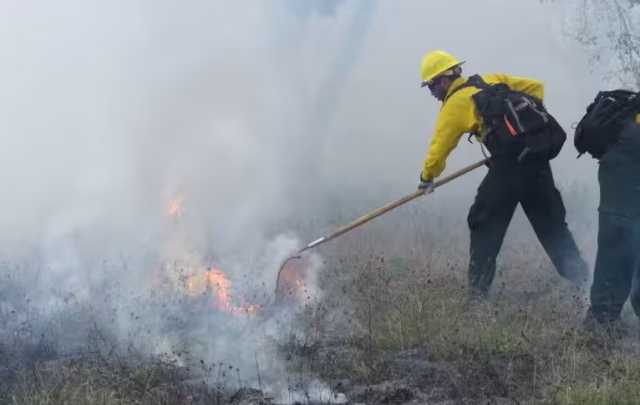NOTE: Images in this archived article have been removed.
This essay comes from the book ENERGY: Overdevelopment and the Delusion of Endless Growth Published by the Foundation for Deep Ecology in collaboration with Watershed Media and Post Carbon Institute.
Download: Outsourcing Pollution and Energy-Intensive Production
Outsourcing Pollution and Energy-Intensive Production – Vandana Shiva
 Read more and take action at energy-reality.org
Read more and take action at energy-reality.org
Vandana Shiva is a world-renowned environmental thinker and activist, a leader in the International Forum on Globalisation, and of the Slow Food Movement. Director of Navdanya and of the Research Foundation for Science, Technology and Ecology, and a tireless crusader for farmers’, peasants’, and women’s rights, she is the author and editor of a score of influential books, among them Making Peace with the Earth; Soil Not Oil; Globalisation’s New Wars; Seed Sovereignty, Food Security: Women in the Vanguard; and Who Really Feeds the World?. Her latest book is Oneness vs the 1% (Chelsea Green Publishing, August 2020).
Tags: Biofuels, carbon emissions, climate change, energy-reality, globalization, Pollution
Related Articles
By Patrick Mazza, The Raven
If social, economic, ecological and political breakdowns intensify, we will have created strong communities capable of weathering the storms. We cannot know if this will be enough. What we can know is that we will be pursuing the kind of future that leads to a world more in tune with the needs of people and nature. We have to try.
January 24, 2025
By Stephen Pyne, The Conversation
Humanity’s firepower underpins the Anthropocene, which is the outcome not just of anthropogenic meddling but of a particular kind of meddling, made possible by humans’ species monopoly over fire. Even climate history has become a subset of fire history.
January 23, 2025
By Rob Lewis, The Climate According to Life
But like it’s subject, life, this movement is self-generating. Roots are spreading and it can only grow. Eventually, mainstream journalism will take notice. At that point, the narrative is generating its own rain.
January 23, 2025
 Read more and take action at energy-reality.org
Read more and take action at energy-reality.org




